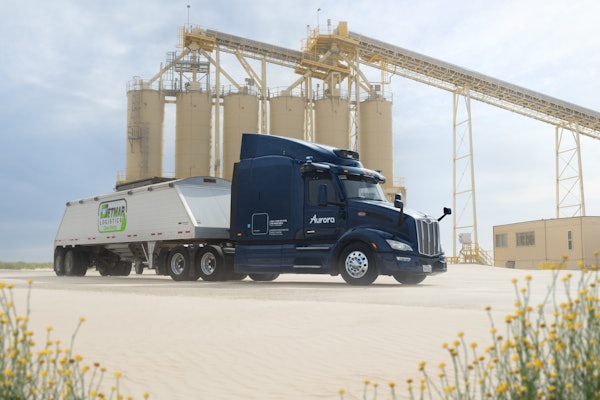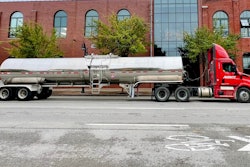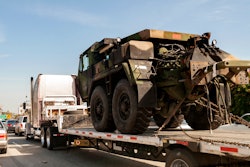Arguments made by Public Citizen and the Owner-Operator Independent Drivers Association against the current hours-of-service rules are hollow, the Federal Motor Carrier Safety Administration stated in its response to the groups’ petitions. The agency filed its response in the U.S. Court of Appeals for the District of Columbia in August.
Public Citizen’s petition should be denied because regulators properly measured the risk of driving 11 hours instead of 10, the FMCSA stated. “Even if there is an increased risk associated with driving 11 hours, the costs of imposing a 10-hour limit far outweigh the safety benefits,” the FMCSA stated. Moreover, evidence indicates the 34-hour recovery period is sufficient, the agency argued. Major improvements in truck design and more opportunity for rest under the new rule also influenced the agency’s decision, the FMCSA stated.
OOIDA’s petition is without merit because loading and unloading time already was taken into account and discussed in the rule’s preamble, the agency stated. Moreover, the agency stated, the public had sufficient notice the sleeper berth provision could change because the agency noted that provision in its Notice of Proposed Rule Making, which is required to have “a description of the subjects and issues involved,” the FMCSA stated. “The sleeper berth provision is not arbitrary or capricious,” the FMCSA argued. “The provision is based upon sound science demonstrating the risk of split sleep and higher crash rates for sleeper berth drivers.”
In 2005, federal courts denied the original petitions by OOIDA and Public Citizen for reconsideration of the rule. The groups filed a new petition for review in the spring, and just about every organization interested in trucking has filed comments with the court on one side or the other. Supporting the FMCSA are the American Trucking Associations, the National Shippers Strategic Transportation Council, the Health & Personal Care Logistics Conference, UPS and the National Industrial Transportation League.
Petitioning with Public Citizen are Citizens for Reliable and Safe Highways, Parents Against Tired Truckers and the Advocates for Highway and Auto Safety. The Insurance Institute for Highway Safety has filed a friend of the court brief in support of the petitioners. Supporting OOIDA are the Truckload Carriers Association, the Ohio Trucking Association and the California Trucking Association. The Teamsters filed in support of both Public Citizen and OOIDA.









